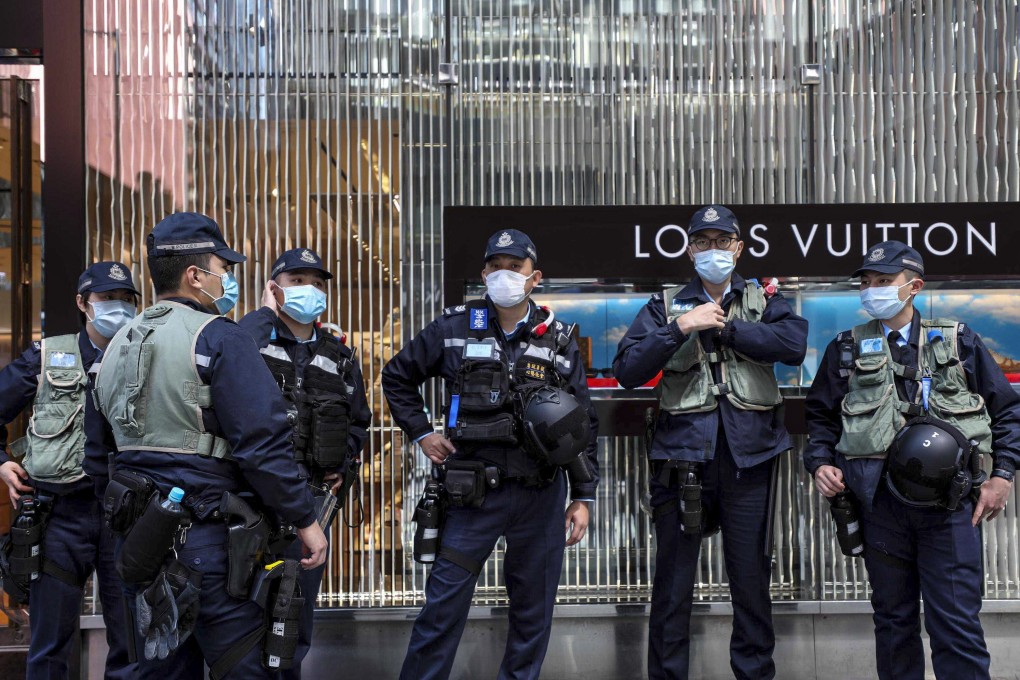Opinion | Doxxing is intolerable in any civilised society, and there’s no excuse for Hongkongers to flout the law
- The wave of doxxing that has swelled in Hong Kong has tested the limits of morality and should be condemned. In a free society, while our own privacy is protected by the law, we should also respect the privacy of others

Doxxing should not be tolerated in any civilised society, and I regret to note that personal data is being used nowadays in Hong Kong as a weapon to hurt, intimidate or silence others with different political views.
Doxxing involves gathering the personal data of a target or their family members and the subsequent disclosure of that data on the internet, social media or other open platforms without their consent. In a typical case, the most common personal data disclosed can include photos, Hong Kong identity card number, date of birth, occupation, phone numbers, address and names of family members.
From the particulars of the personal data disclosed, it is not surprising that some of the victims find themselves exposed to intimidation calls, cyberbullying or identity theft. In some cases, their names and other personal data were used to borrow money, order merchandise online or register for organ donation, causing distress to the victims or their family members.
The wave of doxxing that has swelled in Hong Kong since June last year has tested the limits of the law and morality, and should be condemned. In a free, open society, while our own privacy is protected by the law, we should also respect the privacy of others.
Freedom of speech and expression, while protected under the Basic Law and the Hong Kong Bill of Rights Ordinance, are not absolute rights. They do not encompass the freedom to carry out doxxing or cyberbullying.

02:31
What is the Basic Law of Hong Kong?
